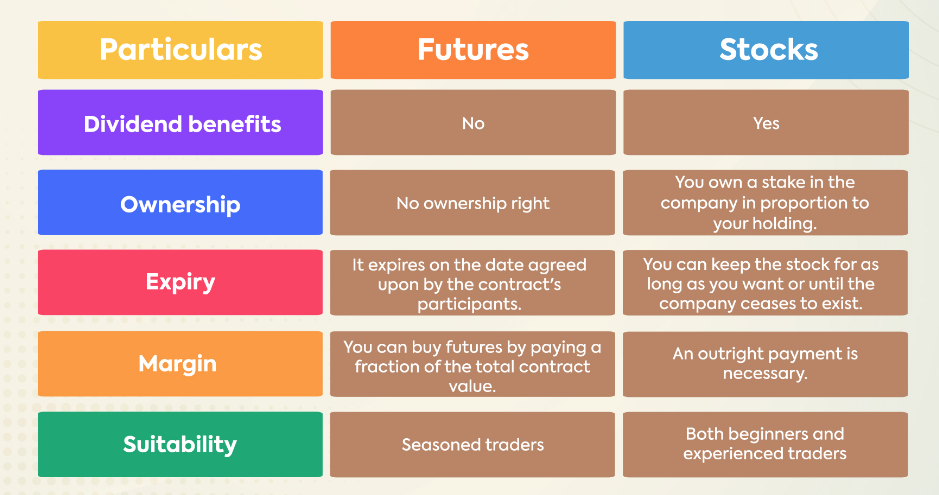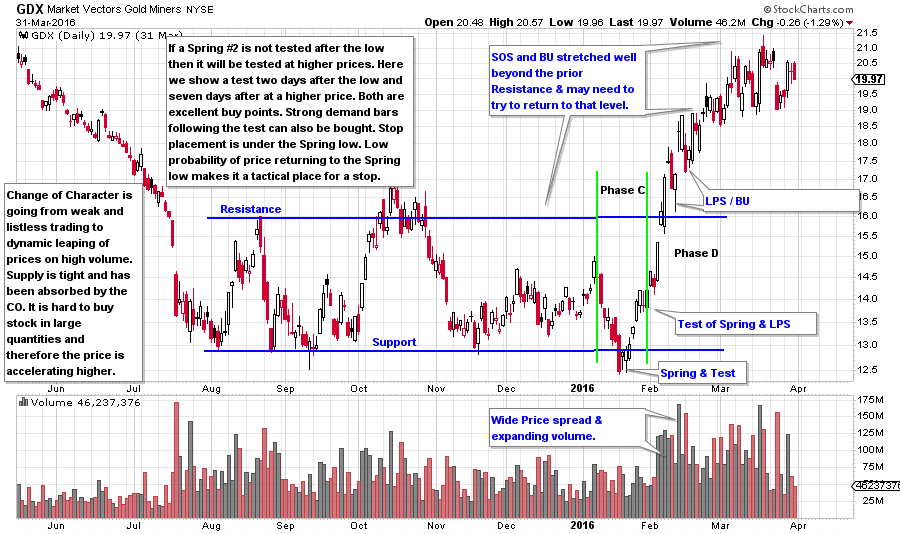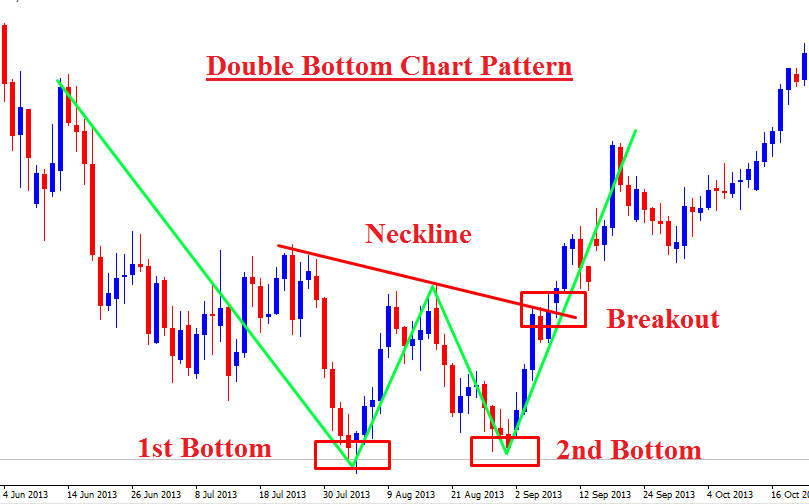A strong showing in U.S. business activity has injected a dose of optimism into investor sentiment, setting the stage for a positive start in Asian markets on Wednesday. The unexpected expansion in manufacturing and service sector activity has defied the usual pattern of fueling expectations of a Federal Reserve rate hike, instead lifting the gloom that has recently plagued markets.
Asian markets are poised to follow suit, with limited local data to influence trading. The focus will be on Australia's consumer inflation figures for September and the third quarter, which are expected to have a meaningful impact on the market.
In the U.S., tech giants Microsoft and Google-parent Alphabet have reported better-than-expected earnings. However, the market reaction has been mixed, with Alphabet's cloud-based revenue falling short of analysts' expectations, leading to a decline in shares, while Microsoft shares rose.
On the corporate front in Asia, South Korea's LG Display is anticipated to report a decline in quarterly revenue. The Apple supplier has faced losses for the past five quarters but is hopeful for a turnaround in the final quarter of the year.
In terms of economic data, Australia's annual consumer inflation is forecasted to slow in the third quarter, but on a monthly basis, it is expected to rise. This potential consecutive monthly increase in inflation could mark a significant development for the year.
Reserve Bank of Australia governor Michele Bullock has cautioned about the possibility of stubborn inflation and the potential need for further interest rate hikes to address it. The Australian dollar has responded positively to this sentiment, bucking the global trend of weakness against the U.S. dollar.
Chinese assets continue to face pressure, despite a rebound in the CSI300 index. Investors are also digesting various policy and political news from China, including the approval of a sovereign bond issue and the appointment of a new finance minister.
Key developments to watch on Wednesday include Australia's CPI inflation data, South Korea's consumer sentiment figures, and LG's earnings report.







